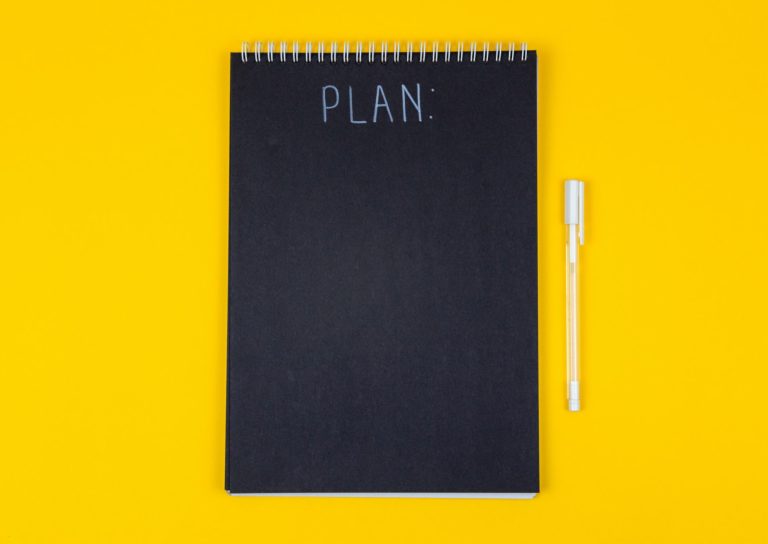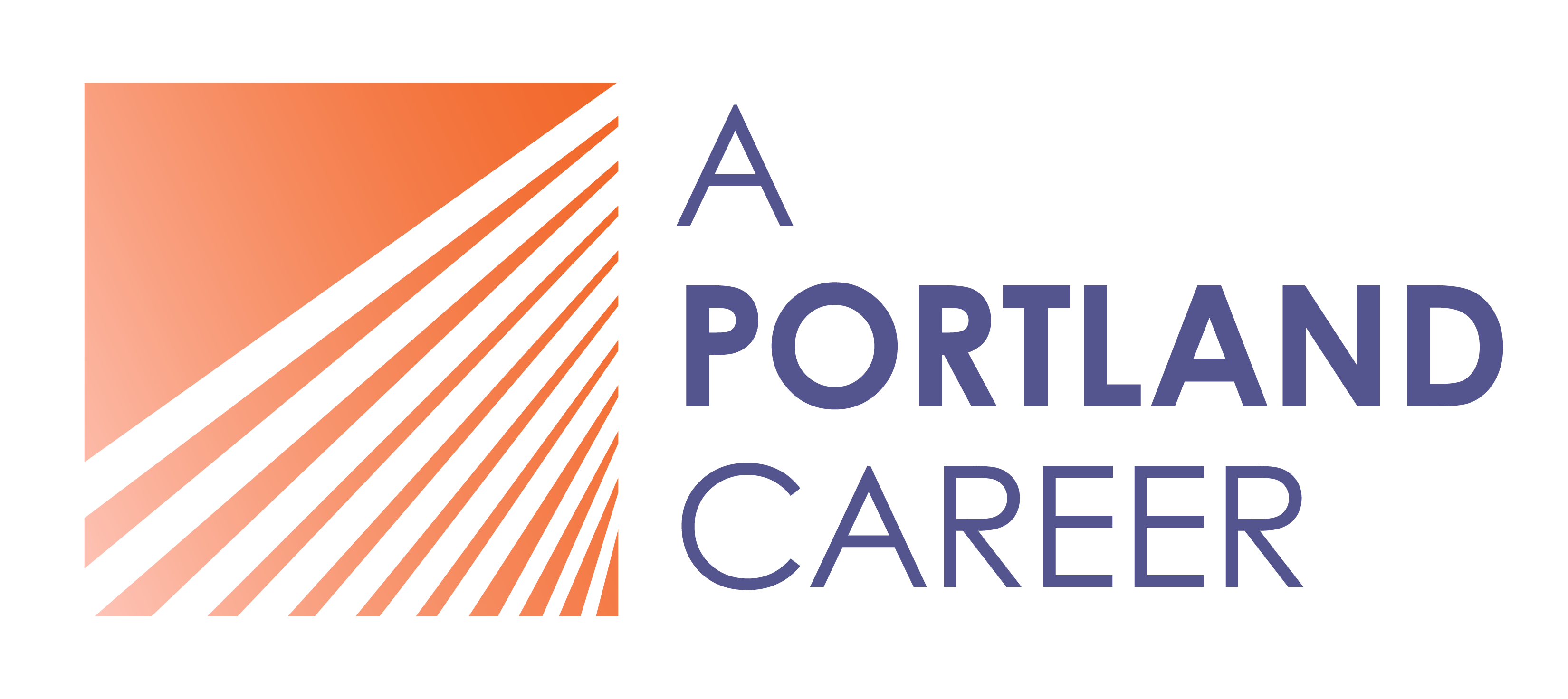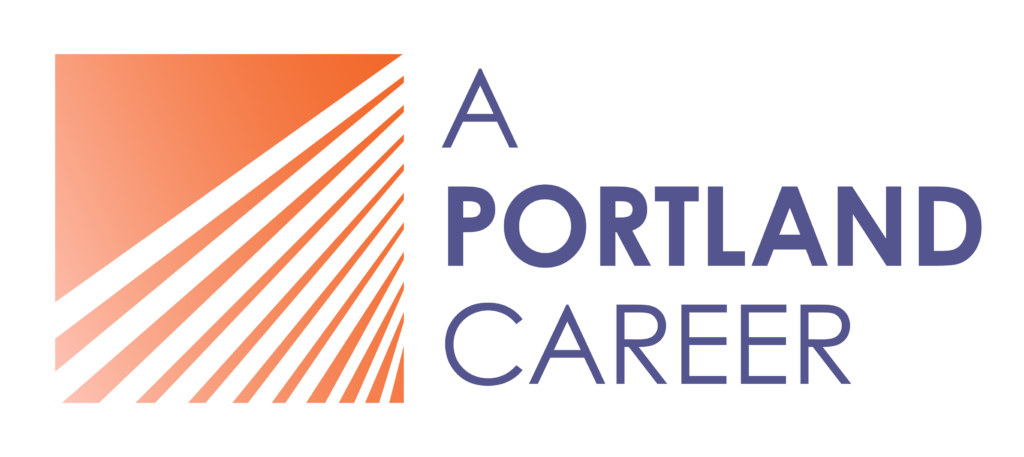Use the CAR method to tackle interview questions. Vividly illustrate your accomplishments and impress hiring managers!
Learn how to best answer the “tell me about your greatest weakness” question in your next job interview with expert strategies and sample answers.
How to Ace the "Greatest Weakness" Question in Your Next Job Interview
By A Portland Career, and edited by Dan Hahn, M.S., and JD Duran
Interview jitters? Schedule a mock interviewing session

After a rigorous job search, you’ve gotten the attention of a hiring manager at the company you’ve always wanted to work for by showcasing your strengths, experiences, and knowledge in your application. Check! You’ve scheduled your interview. Check! Now, are you ready to provide specific examples of your weaknesses?
One of the most common job interview questions asked relates to your greatest weaknesses. Depending on who you are, you may feel more comfortable discussing all the things you’re good at instead of those you struggle with.
Although you may not be a perfectionist, you probably have enough self-awareness to know that you’ll need to prepare well for the interview to land the job. Let’s jump in and review some examples of weaknesses you can discuss and allow you to review some example answers to help you better prepare!
Home → Helpful Articles → Interviewing → How to Ace the “Greatest Weakness” Question in Your Next Job Interview
Here are more great posts about how to prep for your next interview:
- The 25 (plus 10!) Most Common Job Interview Questions
- The CAR Interview Method Brings Your Accomplishments to Life
- The Best Interview Questions You Should Ask at Your Next Job Interview
- Virtual Job Interviews: Master the Art of Zooming It In!
- How to Prepare for Your Next Job Interview: The Career Expert’s Guide
- When and How To Say Thank You after Your Interview
If you’re still feeling anxious about interviewing, get in touch with us, and we’ll make sure your interviews start landing you more job offers.

5 strategies for answering the daunting question
We’ve all been there. You’re breezing through the job interview, and then you get the dreaded question: “What is your greatest weakness?” It’s a tricky question, to be sure. You want to choose an authentic answer, but you don’t want to hurt your candidacy.
Striking the delicate balance between honesty and positive framing can be a challenge. Here are a few approaches you can take to handle the dreaded weakness question:
Address the obvious
For example, you might lead with, “You noted in the job description that you would prefer a candidate who speaks Spanish, and I do not speak Spanish.” Then, you could continue with an example of your sensitivity to Hispanic and Latinx culture or involvement in that community. Be specific with both examples. How did you study Hispanic and Latinx culture (through school, self-taught, etc.)? Then follow up with what kind of work have you done with that particular community (volunteer, project through a former job, etc.)? Although you’re not right on target with the job requirements, show the hiring manager that you’re not far from the bullseye.
Reframe as a positive
If you are someone who is meticulous about deadlines and frequently checking on your team’s progress, in your interview you can state:
“Some have taken this to mean that I do not trust them, but I have learned to minimize this reaction by telling everyone at the start that these check-ins are part of standard procedure. Then they do not take it personally.”
Despite this example discussing your weakness of being too much of a stickler with your co-workers in a negative manner, in hindsight it positively highlights you as someone who is detail-oriented and good with time-management. If you’re unsure what positive strengths or skills to reframe, consider taking a skills inventory self-assessment!
Draw on context
A perceived weakness in one position might be a strength in another. Acknowledge the perceived weakness, then explain why you think it would be a strength in the new work culture or environment. For example,
“In the past, employers haven’t wanted me to consult with my team before making decisions. I have chosen to apply to your company because of your reputation for inclusive decision-making.”
Taking this approach during the job interview not only sheds a good light to the hiring manager, but also shows your self-awareness with this type of background knowledge about the organization’s work culture.
Highlight improvement
Tell how you identified the weakness and then acted to turn it into a strength:
“I used to avoid public speaking like the flu. That changed last year when I started Toastmasters. Now, I am proud to say that I speak at public meetings several times a month and that my presentations get rave reviews.”
There’s always room for improvement. By taking this approach, you’re showing the hiring manager that you’re not just a one trick pony, but you’re continuously willing to learn, especially when it comes to building up your biggest weakness and turning it into your greatest strength.
Combine approaches
Let’s say the weakness you want to address is procrastination. You could take the approach of highlighting improvement and giving some context:
“I have a tendency to wait until the last minute to submit work, but I always hit my deadlines—and I’m the kind of person who makes their best quality work under a little bit of pressure. But I recognize the importance of managing my time better, so I’ve started using time management tools to help me plan ahead and stay organized.”
This approach shows your level of self-awareness and willingness to become a better employee for the job opening you’re applying for.
Tip: Select a few weaknesses that are NOT central to the requirements of the position you are applying for. For example, if you are applying to be a customer service representative, avoid references to social anxiety or problem solving. Instead, choose something to discuss that is more on the side, such as Excel skills.

Examples of weaknesses
Here is a list of weaknesses you could mention—can be a weakness related to specific requirements for the job (hard skills) or more general traits (soft skills):
- Perfectionist
- Public speaking
- Self-awareness
- Delegating
- Caring too much
- Multitasking
- Project management
- Time management
- Procrastination
- Computer skills
- Writing skills
Final thoughts on how to prepare for the “tell me about your greatest weakness” question
By now, you should have a better idea on how to handle answering common interview questions like “tell me about your weaknesses”. It always helps to be self-aware of the job description and what strengths are needed in order to be a strong applicant. Even though you may not have certain skills under your belt, or would like to improve on others, it never hurts to answer this question by leaving on a positive note.
Key takeaways
- Be honest and authentic with your answer about your greatest weakness
- It’s okay to address a weakness you want to improve
- Know the context of the job description and organization
- Choose a weakness to discuss that is not a required strength for the position you are applying for
- End the question (and job interview) on a positive note
Related articles you might be interested in:
The 25 (plus 10!) Most Common Job Interview Questions
Nail your next job interview by preparing for these 25 (plus 10!) most common interview questions.
When and How To Say Thank You after Your Interview
Thank you notes never go out of style! Here’s what to include in a thank you note or email after the job interview.
Interviewing As An Overqualified Candidate: Let’s Debunk Some Myths
“Overqualified” just means “well-qualified.” Let’s debunk the myths about overqualified candidates and reframe your career story!





